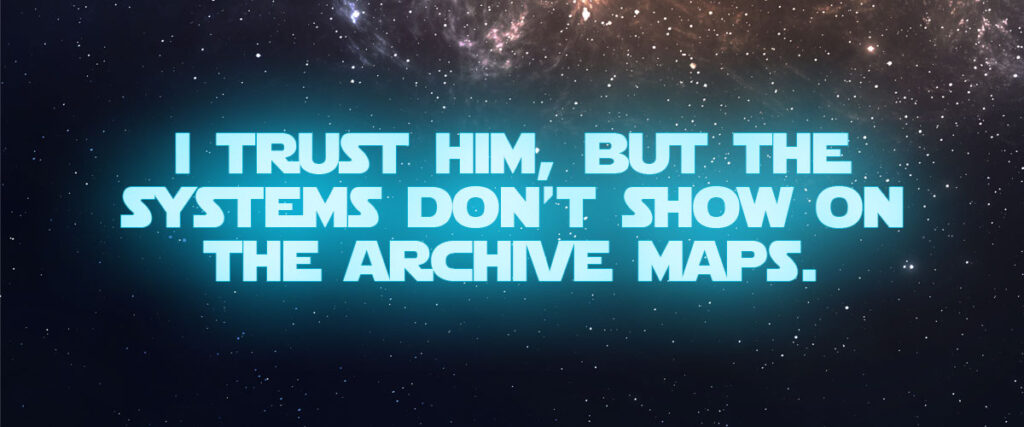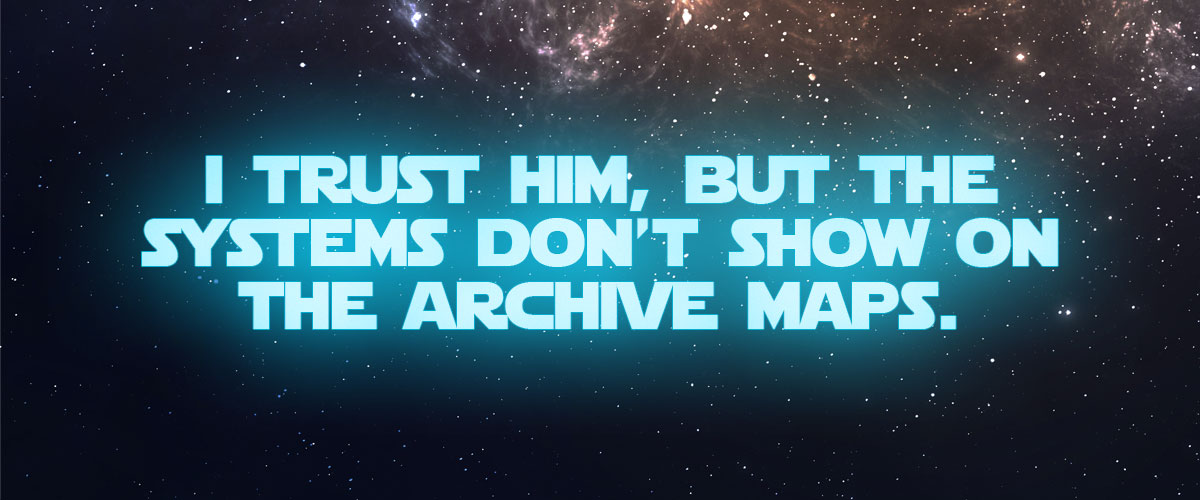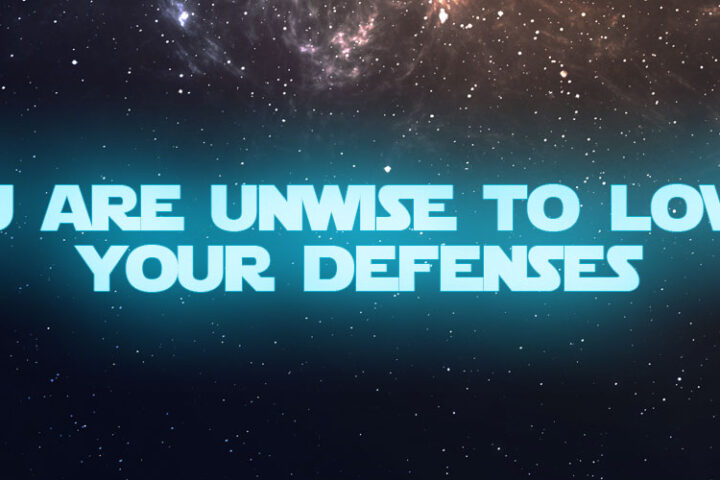In AOTC, Obi-Wan goes to Yoda seeking help. He says to Yoda that he is “looking for a planet described to me by an old friend. I trust him, but the systems don’t show on the archive maps.”
We should double-check what people tell us. As President Regan said, “Trust but verify.”
There are many ideas, doctrines, and phrases that people will say are in Scripture, but upon closer look, they are not.
One such phrase is “cleanliness is next to godliness.” While the Old Testament, specifically Leviticus, contains lots of rules about being ritually clean, this “proverb” cannot be found in Scripture.
If you look at most nativity sets, they include three Wise Men with the set. People believe that there were three wise men there at Jesus’ birth, but this is not true.
Matthew 2:1-12 tells us that there were three types of gifts and more than one magi. Verse 11 tells us that they (more than one) went “into the house, they saw the child with Mary, His mother, and they fell down and worshiped Him. Then, opening their treasures, they offered Him gifts, gold and frankincense, and myrrh.”
We are told that Jonah was swallowed by a whale, yet when we read Jonah 1:17, we find out that “the Lord appointed a great fish to swallow up Jonah. And Jonah was in the belly of the fish three days and three nights.”
People often recite that “Money is the root of all evil” and claim this is in the Bible.
This one is close but still off. And off significantly. In 1 Timothy 6:10, we read, “For the love of money is a root of all kinds of evils. It is through this craving that some have wandered away from the faith and pierced themselves with many pangs.”
We need to learn to “trust but verify” by reviewing Scripture on what people tell us.





